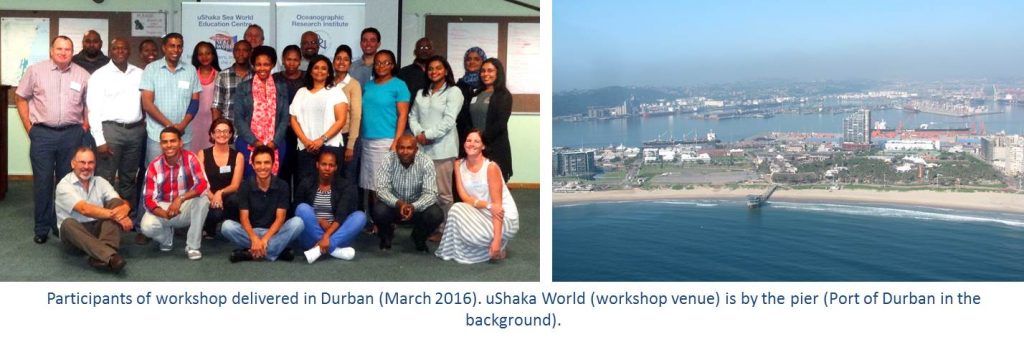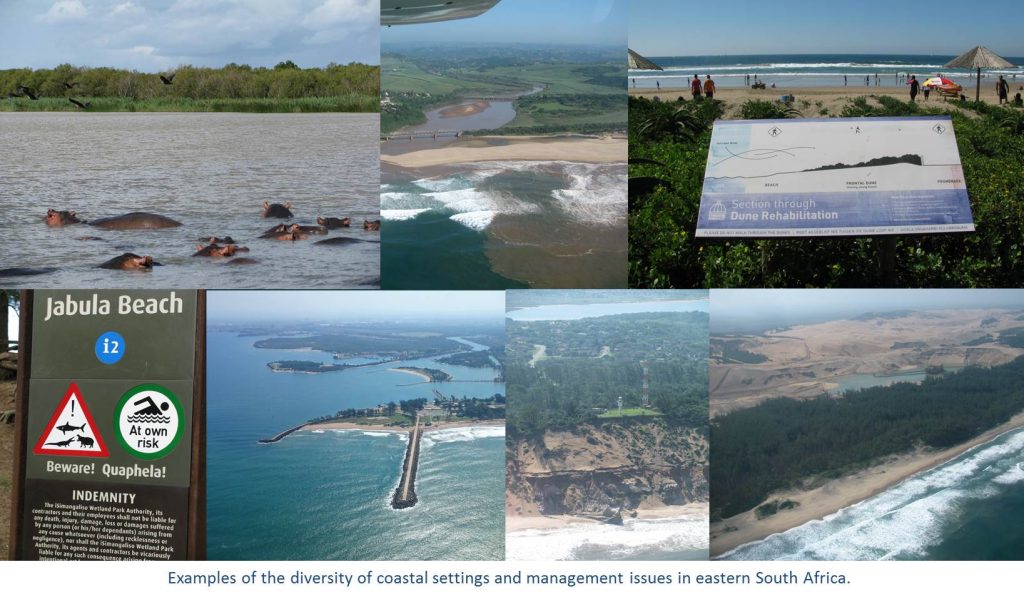I can tell you, it was not easy, but I finally succeeded at securing funds from British Council to organise a Researcher Links workshop. This was a resubmission of an application that received good reviews in a previous round, but didn’t get funded. The feedback helped identifying where improvements were needed and we decided to submit it again. It also helped that I have already being to South Africa delivering workshops to public sector practitioners on a similar subject – so I had a good idea about South Africa needs in terms of capacity building in this area. Researcher Links workshop grants are a great way of developing links with colleagues from selected partner countries and, at the same time, stimulating early career researchers to engage in international collaboration. Funds are available to support the attendance of early-career researchers based in South Africa and the UK and workshops aim to stimulate long-lasting partnerships and research collaboration between the two countries.

I’m very pleased to be able to organise one of these workshops in collaboration with colleagues from the UK (Hull and Ulster) and South Africa (University of KwaZulu-Natal and Oceanographic Research Institute). The workshop will be held on 19-21 June 2018 at the uShaka Marine World in Durban. The call for participants is now out and we invite early-career researchers from the social and natural sciences with research interests in the sustainable management of coasts and estuaries. You can find out more about the workshop and how to submit your application here.
Coastal and estuarine ecosystems worldwide are under pressure from population growth, urbanisation and other land-based and marine activities. In the UK and South Africa, coastal areas greatly contribute to the local and national economy by supporting key urban centres and industries. Climate change tends to exacerbate existing problems, including but not limited to flooding, erosion, water quality and resource availability, which can have implications on environmental quality, food production, water supply and human health. Ecosystem-based management (EBM) has emerged as an integrated approach for the sustainable management of the trade-offs between socioeconomic development and nature conservation. EBM requires a transdisciplinary understanding of the natural system, nature-human interactions, and how they change through time. The workshop will bring together researchers from South Africa and the UK to discuss how they can collaborate to support EBM through the development of long-lasting UK-SA collaboration and government-research partnerships. The workshop aims to attract researchers from the social and natural sciences to create the required combination of expertise to co-construct, advance and share knowledge to support estuarine and coastal EBM. The integration of scientific and practical knowledge will be facilitated by the participation of NGOs and government practitioners.





















 SPROUT: From Sustainable Research to Sustainable Research Lives
SPROUT: From Sustainable Research to Sustainable Research Lives BRIAN upgrade and new look
BRIAN upgrade and new look Seeing the fruits of your labour in Bangladesh
Seeing the fruits of your labour in Bangladesh Exploring Embodied Research: Body Map Storytelling Workshop & Research Seminar
Exploring Embodied Research: Body Map Storytelling Workshop & Research Seminar Marking a Milestone: The Swash Channel Wreck Book Launch
Marking a Milestone: The Swash Channel Wreck Book Launch ECR Funding Open Call: Research Culture & Community Grant – Application Deadline Friday 12 December
ECR Funding Open Call: Research Culture & Community Grant – Application Deadline Friday 12 December MSCA Postdoctoral Fellowships 2025 Call
MSCA Postdoctoral Fellowships 2025 Call ERC Advanced Grant 2025 Webinar
ERC Advanced Grant 2025 Webinar Update on UKRO services
Update on UKRO services European research project exploring use of ‘virtual twins’ to better manage metabolic associated fatty liver disease
European research project exploring use of ‘virtual twins’ to better manage metabolic associated fatty liver disease